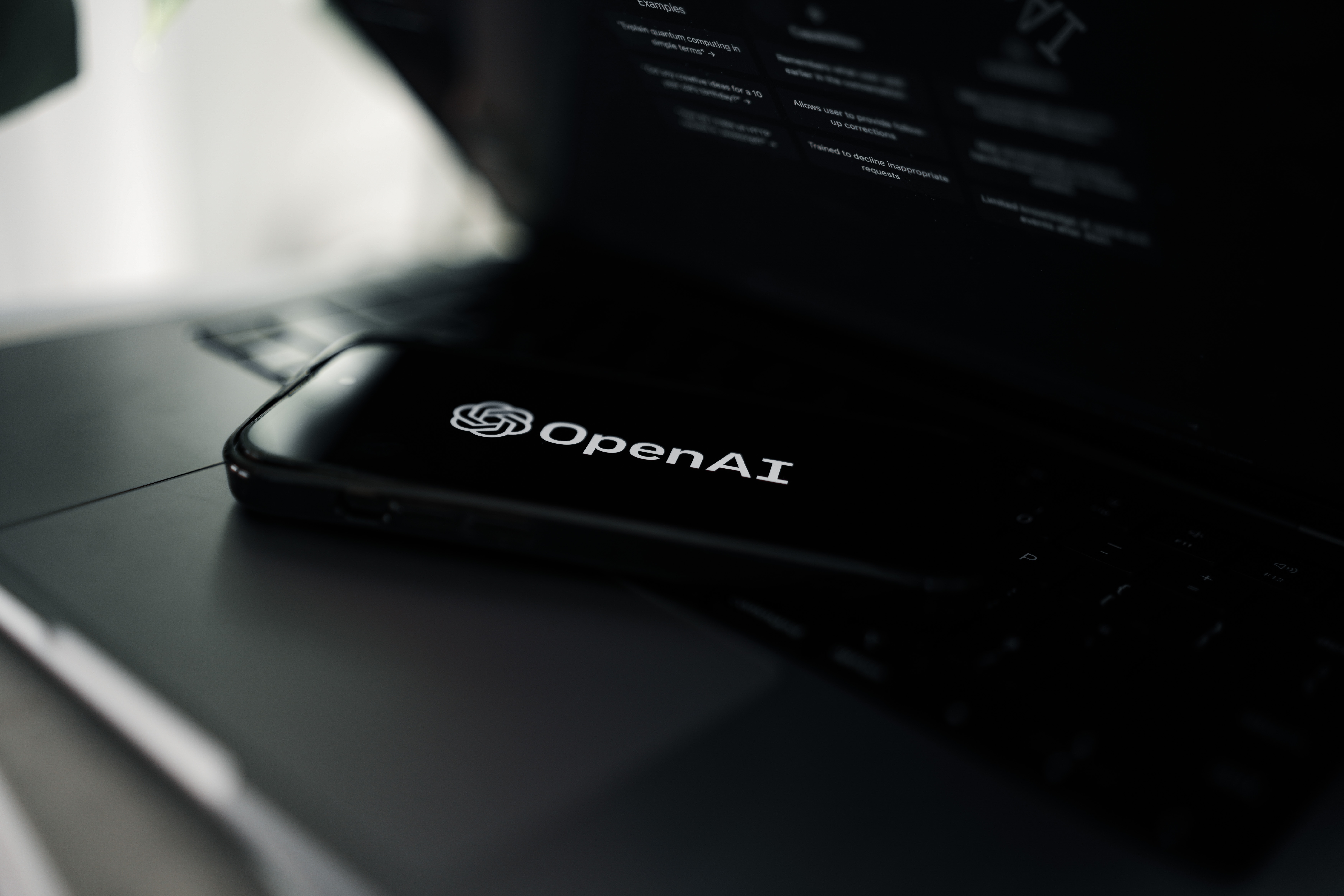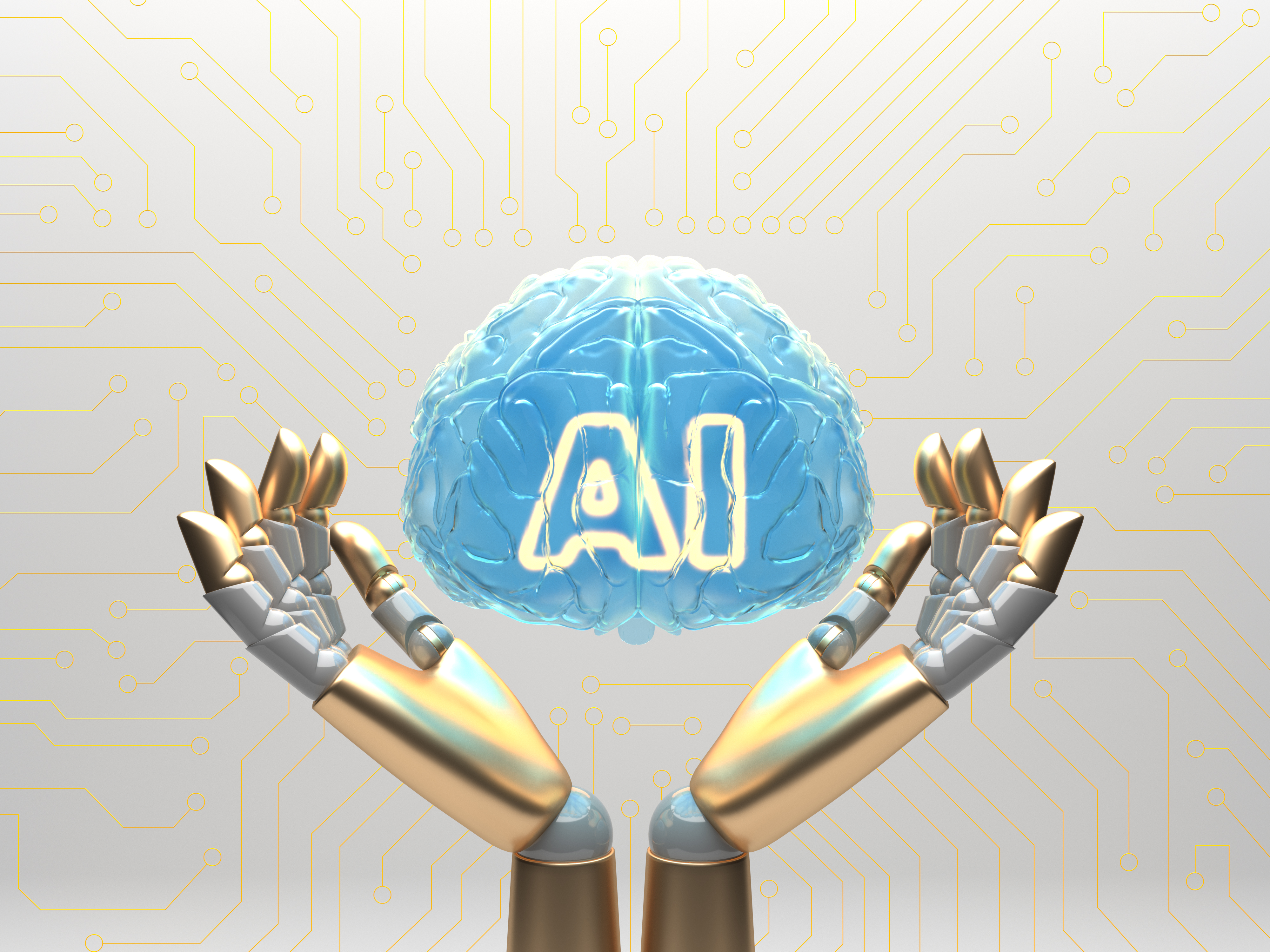The hospitality industry can utilise AI in numerous ways to improve guest digital experiences, enhance guest satisfaction and drive overall hotel performance. AI is expected to double annual economic growth rates. We look at some key areas where hoteliers can make the most of AI.
AI is providing inroads for many industries to advance development and evolve operations, processes, resources and tech systems. AI is expected to add around $16 trillion to the global economy during the next decade with every business sector looking at how AI will advance performance.
At the end of 2022, just 13% of travel businesses were AI mature with the capability to unlock more potential from the business, leading to phenomenal financial performance achieving 50% revenue growth. Industry publication Skift estimates there is a $28m impact on travel with AI. In a sector struggling with staffing and recruitment, AI will be the saviour of many repetitive and administrative tasks that can be automated.
While AI has made major headway on many domestic and personal IoT and smartphone devices, the hospitality industry has started to incorporate the technology into their wider systems. We look at the key areas hospitality is already deploying AI.
1. Personalised guest experiences & marketing
As consumers expect greater relevance when researching, planning and booking their travel, the proliferation of data available from guests is championing the value of AI. By analysing guest data, AI algorithms provide guests with recommendations on rooms, amenities, and services in real-time as travellers go about making a booking.
By analysing customer data, AI helps marketing teams identify patterns and preferences, and target specific customer segments with personalised marketing campaigns. AI can also automate email marketing, ad targeting, and social media outreach, improving customer engagement and conversion rates.
With retail embracing hyper-personalisation, we’re not far from the ability for travel and hospitality companies to provide the same level of service and experience. AI will enable marketing teams to be more creative with their products and offers by segmenting audiences into more aligned consumer traits and presenting personalised deals.

2. Revenue Management and demand forecasting
Hoteliers have to process large amounts of hotel performance data to optimise rates, ensuring prices take into consideration historical data, occupancy, demand, local events, traveller profile, market behaviour, and competitor sets. Crunching this level of data is not time efficient for most hoteliers.
AI can optimise pricing and revenue management strategies by incorporating multiple data sources into AI algorithms that suggest dynamic pricing strategies to maximise revenue and occupancy rates. It can also more accurately predict future demand, enabling hoteliers to optimise staffing levels, inventory management, and resource allocation more appropriately and ensure a hotel can meet guest expectations and perception of value.
AI continues to support revenue generation by identifying upselling and cross-selling opportunities to guests, leading to higher revenue per guest and delivering heightened experiences.
3. Chatbots and virtual assistants
Hotel bookings are a 24/7 business, with the need to be able to process and confirm bookings at any time day or night. The influx of chatbots and virtual assistants means that guests are accustomed to obtaining information without speaking to a person or having to search for it themselves.
Website AI-powered chatbots and virtual assistants handle customer enquiries, provide instant responses (especially to FAQs), and assist with the bookings process. Chatbots are proven to improve customer service while reducing the workload on staff, and are likely to become the primary customer service channel later this decade. In-room voice-activated devices, similar to Alexa and Siri, provide guests with information, recommendations, and concierge services. Voice technology can enhance guest convenience and streamline communication.

4. Operational efficiency
Guest service has come under particular pressure the last few years as the industry struggles with staffing. Guests’ heightened expectations means hotel staff often have to juggle multiple tasks which can be repetitive in nature, leading to inefficiencies.
AI can automate various hotel operations, leading to improved efficiency and cost savings. For example, AI is quite widely used to handle repetitive tasks like check-in and check-out, room service requests, and housekeeping schedules. AI-powered IoT systems can also monitor energy usage, guest activity and adjust temperature settings, resulting in energy, housekeeping and maintenance savings.
5. Sentiment analysis and reputation management
Guest reviews are a valuable source of bookings and managing the reputation of a hotel. Guests are 3.9 times more likely to book a hotel with a high rating, and a single percentage point can uplift room rates by 11%. While it can be a mission for hoteliers to set up marketing initiatives to encourage guest reviews, managing the feedback and responding to guests is even more time consuming but an essential part of engaging with guests.
AI can monitor and analyse guest reviews, social media mentions, and online feedback to gauge guest sentiment and identify areas for improvement. This means hoteliers can address specific guest concerns promptly and maintain a positive reputation.
6. Enhanced security
AI-powered surveillance systems can monitor hotel premises, detecting and alerting staff to potential security threats. AI can also work on the backend of the IT infrastructure to help detect and prevent fraudulent activities, such as credit card fraud and identity theft. By analysing patterns and anomalies, AI systems can enhance security measures and protect both guests and the hotel’s operations.

What’s to come
While these are just a few examples of how AI is used within hotels, we are seeing AI deployed in other key areas of business management including Learning and Development to personalise programmes to each employee, and in Finance to support payment processing.
Further integration of AI in IoT devices will deliver a more seamless experience for guests while driving greater efficiencies for hotel operations. Similarly, the rising interest in virtual reality (VR) and augmented reality (AR) in the hospitality industry will lean on AI to create immersive and interactive experiences for guests.
However, it’s important to be mindful of AI ethics and ensure data privacy, transparency, and fairness in AI systems to build trust with guests and comply with regulations.
As you approach AI, assess your specific needs and build a plan to gradually introduce AI across the business. To get the most out of your investment, it’s important to have robust data management systems, and have the resources to continuously monitor and adapt AI systems to optimise performance and ensure it’s enhancing guest satisfaction.
Find out how you can prepare your business with AI and how SIHOT uses the technology to improve systems and business opportunities.